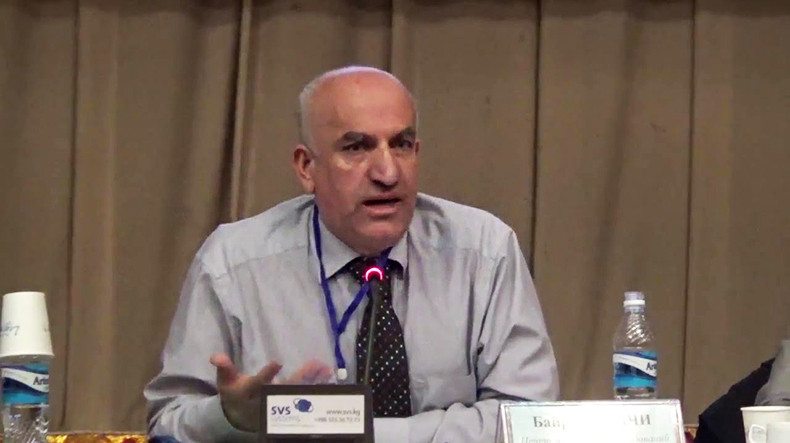
Expert opinion: Turkey-US Divorce Reflects Paradigm Change in Turkish Foreign Policy
On the recent tensions between Turkey and its long-term NATO ally the United States Panorama.am has spoken with Bayram Balci – expert at CERI Sciences Po Paris, former Visiting Scholar at Carnegie Endowment.
- What is your assessment of the recent tensions between Turkey and the US in the aftermath of the failed coup in Turkey (Turkey blaming US for the coup, the anti-US protests in Turkey, the Gulen case, etc.)?
- First of all, even before the coup Turkish-US relations were strained for a couple of reasons, mostly because of the situation with human rights in Turkey (authoritarianism) and the Syrian crisis. I think that this recent crisis between Turkey and the US on the coup d’état issue is reflective of the general deterioration of the relations between the two countries.
Since Gezi Park there has been an authoritarian trend in Turkey and the US administration has been very concerned about this. Although they had almost the same vision on the Syrian crisis until July 2013, Ankara and Washington started to diverge on what response they should give to the Syrian crisis. Turkey maintained a very strong anti-Bashar attitude, although the US has shifted its priority from anti-Bashar to primarily anti-DAESH stance. The coup attempt has not improved the Turkey-US relations at all as there is a wide sentiment in Turkey that some people in the American administration have supported Gülen in the coup d’état. The fact that the US refuses to extradite the Turkish imam reinforces this Turkish sentiment that the coup d’état was orchestrated with an American support.
- Do you think these tensions are a part of a bigger game that reflects long-term changes in US-Turkey relationship or do they have only a temporary character?
- To a large extend there is a kind of rupture, divorce, between Turkey and US – this rupture is not new but started with Gezi protests and the Syrian crisis where Turkey and the US do not defend the same options, as I noted. In the long term, this rupture is reflective of the paradigm change in the Turkish foreign policy that is less and less anchored in the West but more and more in good terms with Russia, Iran and China.
- Talks about leaving Turkey out of NATO have intensified recently. How feasible do you think this is?
- I don’t think that Turkey will leave NATO but there is a real problem of communication between Turkey and its NATO partners. Turkey finds that its allies don’t show enough solidarity with its security problems, like the threats coming from Syria, the PKK threat, etc. At the same time, NATO countries, especially the US think that Turkey is not anymore a reliable ally and in some American circles Turkey is even considered a new rogue country. In these disagreements continue, in the long term Turkey could be tempted to leave NATO but I am not sure that it will be feasible for Ankara to adhere to Shanghai Cooperation Organization.
- What is your view of the current rapprochement process between Turkey and Russia?
- There will be a Turkish Russian rapprochement but this will be at the advantage of Russia and at the expense of Turkey. Turkey is more in need than Russia. Turkeys is isolated, especially in and because of the Syrian crisis. It will be difficult to Turkey and Russia to find an agreement in this conflict, but in the south Caucasus it will be easier for them to have a dialogue and to cooperate.
Newsfeed
Videos






























